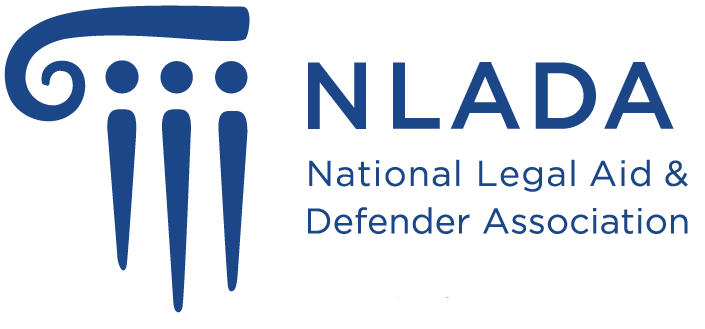Our VISTA members interviewed each other over the past month to learn about why they care about criminal justice and how they approach service. Today we’re featuring Wan Qi from New Orleans’s interview with Tyler from Connecticut. Read on to learn how Tyler approaches capacity building justice work and watch this space for more interviews.
Tyler Wright understands that justice can only be achieved when you combine the big-picture endeavor of policy work with the courage and grace it takes to look at a person in their eyes and sit with their pain. When he began his year of service in August 2019, Tyler knew that he wanted to pivot away from the direct service he’d engaged with during his undergraduate years and into a role that allowed him to get into working on the policy level. He found that opportunity at a public defender office in Hartford, CT, where he artfully blends direct service with policy work.
When Tyler initially began his year of service, he designed a client experience survey to gauge what their clients thought of the public defender office and to inform what services they needed to provide to their clients. Later on, Tyler focused his energy on creating reentry resource fairs. This client-centered program took on a multi-faceted purpose of helping clients directly and disrupting a larger-scale issue left unaddressed.
Now that we are in lockdown, Tyler is ensuring that none of their clients fall through the cracks by checking that every client knows what is going on related to COVID-19 and their cases, especially clients without internet access. On this blending of direct service with policy work, Tyler explains, “If you want to work on the policy level, you need to be working within the agency with the client and with the communities. You need to work on the small issues before you can get to that point. Even though jobs sometimes force you into one section, you need to be doing all of that work all the time, or you’re missing things.”
A prison abolitionist, Tyler engages in “all of that work all of the time” with his clients. When we spoke about the five love languages and how we can translate those languages to inform our justice work, he immediately knew that his primary love language is words of affirmation. This way of showing love can be radical, powerful, and transformative for a client. Words of affirmation aren’t mere compliments, nor are they the mere words we offer to a client in need. Rather, they are how we say them to that client, how we empathize with that client. “I put a lot of weight into what people say and more importantly, the way they say it. That is so hugely important to our work — not the literal words we’re saying, but the way we say it to our clients,” he describes. “Not looking at our watch, not flipping through files. Looking them in the eyes and knowing that this horrible thing might happen to them, and really being able to sit there with them for a moment. Even if only just for a moment. Be there and be present.”
In the age of social distancing and quarantine, this piece of advice can certainly keep all of us grounded with our humanity and connected with each other. As Tyler says, even if only just for a moment, we can be there and be present with our clients, with the people we love, and with ourselves. Nearly a year into his service, it is absolutely clear to see how Tyler brings justice to Hartford, CT and beyond.

